3 Ways Neurodivergent Employees Are Your Company’s Superpower
This article was published in Forbes on Nov 13, 2024.
Author: Bruce Weinstein, Ph.D.

Ridley assembling Keyport products
Many companies claim to put people first, but Keyport, a small company based in Las Vegas, walks the talk. The business, known for its sleek key organizers, embeds inclusivity into everything it does. Its commitment to hiring neurodivergent employees reveals the power of making fairness, a subdomain of ethics, a crucial component of how the business operates and what it stands for.
Neurodiversity, according to an article by Drs. Nicole Baumer and Julia Frueh, Harvard Health Publishing, “describes the idea that people experience and interact with the world around them in many different ways; there is no one ‘right’ way of thinking, learning, and behaving, and differences are not viewed as deficits.”
Here are three ways Keyport benefits from a dedication to neurodiversity in its workforce and how your organization can too. I end with some questions for reflection that also serves as a summary of the article.
Let’s start, though, with a brief history of the company.
An inventor’s insight: building practical solutions from real-life needs Josh Downes, Keyport’s founder and chief designer, didn’t set out to start a company. He just wanted a better way to manage his keys. Riding his motorcycle around Los Angeles with a bulky set of jangling keys was inconvenient, so he took matters into his own hands, literally. He trimmed down his keys, created a simple device to hold them, and found that others wanted one too. This hands-on approach became a cornerstone of Keyport’s design philosophy: build products that make life easier, starting from real needs.
Just as Josh’s real-world insights shape Keyport’s products, the company’s commitment to inclusivity ensures that every employee’s unique perspective is valued. In particular, the business’s focus on neurodiversity shows how a workplace can benefit from the strengths that come with different ways of thinking. This is yet another reason why ethics, of which the topic of fairness is a subset, is a crucial component of successful workplaces.
Now let’s dive in to three ways that neurodiversity can be your company’s superpower, as it is for Keyport.
1. Neurodivergent employees can promote focus in the company’s operations
Aimee Henkel, Keyport’s Vice President of Customer Service and Operations told me how how hiring neurodivergent employees has been instrumental in creating a more inclusive and diverse workplace, which has benefited the team, the community, and the company itself.
It started with her personal connection through her daughter, who is on the autism spectrum, as well as Aimee’s involvement in vocational training for adults with disabilities. This led to actively integrating neurodivergent employees into the company.

Aimee's daughter packaging Keyport products
"Some of the qualities that we've seen in my daughter and our employees are the ability to focus on the same task for long periods of time and enjoy it or be okay with it,” Henkel told me. “Someone who's not neurodivergent may not enjoy doing those repetitive tasks."
Monotasking—the ability to focus on a single task for a reasonable period of time—”is a huge challenge for so many of us now with so many distractions,” she adds.
2. Neurodivergent employees’ feedback may provide candid insights, which can help a company refine its products and services
Keyport president David Cooper notes that a neurodivergent employee I’ll call Sam offers honest, vital opinions that help the business improve its offerings. Cooper told me that Sam uses Keyport’s products and provides the kind feedback that Cooper might not receive otherwise.
“Because the feedback is often candid and not so much trying to give us the good before the bad, it’s just straight,” he said, that information has led to innovations in development.
“We have a fairly large neurodivergent customer base as well that helps contribute to that feedback about our product and what we do,” Cooper added.
3. Neurodivergent employees may have a sensitivity others lack, which can help a company do its job better
Keyport makes distinctive sliding keyholders that allow the user to operate the device with one hand. The company makes one in aluminum and one in titanium. As a neurodivergent person herself, VP Henkel has an acute tactile sensitivity. Titanium “is a lot smoother,” she said. “It feels more buttery to me."
Because titanium is more expensive than aluminum and many people might not be bothered by how the latter feels, the tactile difference might not be an issue for such customers. For the people who do care about such things, however, Henkel is able to speak knowledgeably about them when customers call and ask for help in deciding between the two.
As with Crazy Aaron’s Thinking Putty, Keyport’s commitment to inclusivity is both good for its own sake and good for business too.
Questions for reflection
1. What strengths could neurodivergent employees bring to your team, particularly in areas like focus and precision?
3. In what ways could your organization leverage the ability to monotask as a key asset in today’s distraction-filled work environment?
4. How can you build flexibility into your workplace to better accommodate diverse employee needs and challenges?
5. How might candid feedback from neurodivergent employees (or any employee) help refine your products or services?
6. How could an awareness of sensory differences improve the design and functionality of your products?
7. How can your company create meaningful opportunities that value the unique contributions of neurodivergent employees?

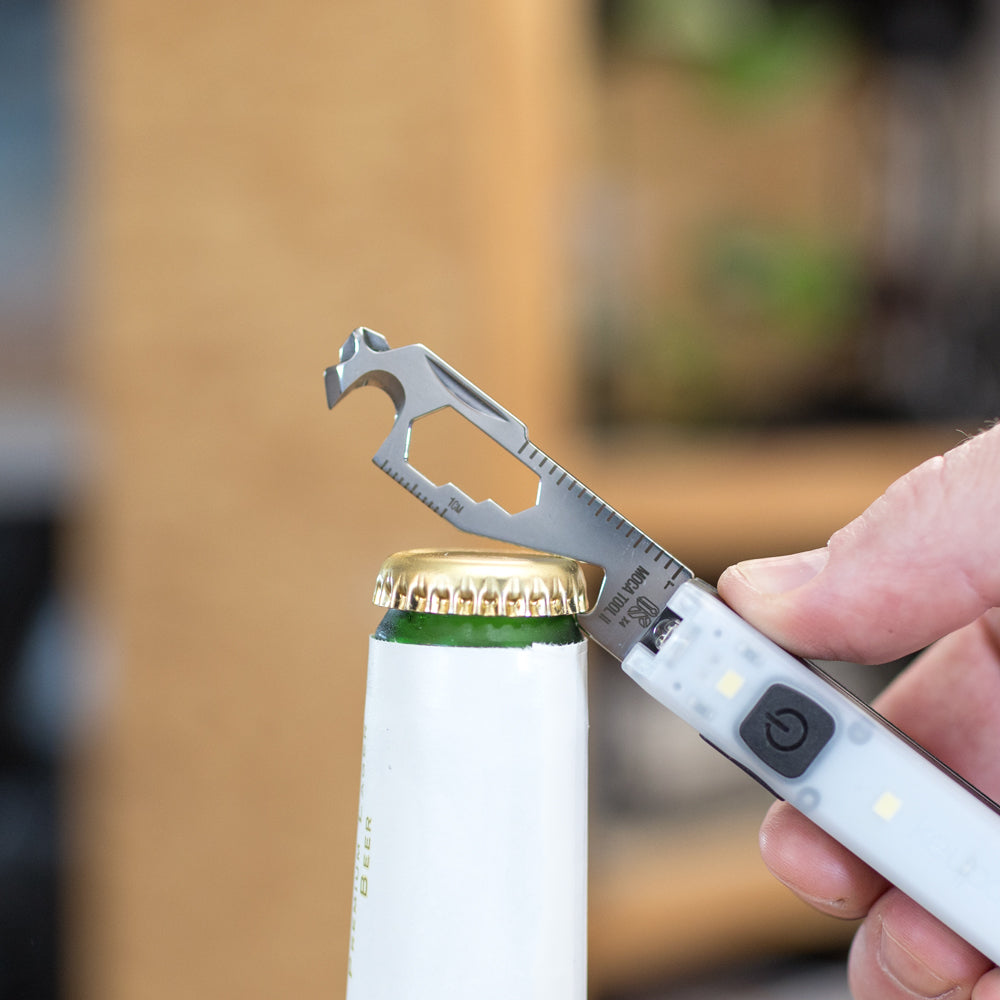
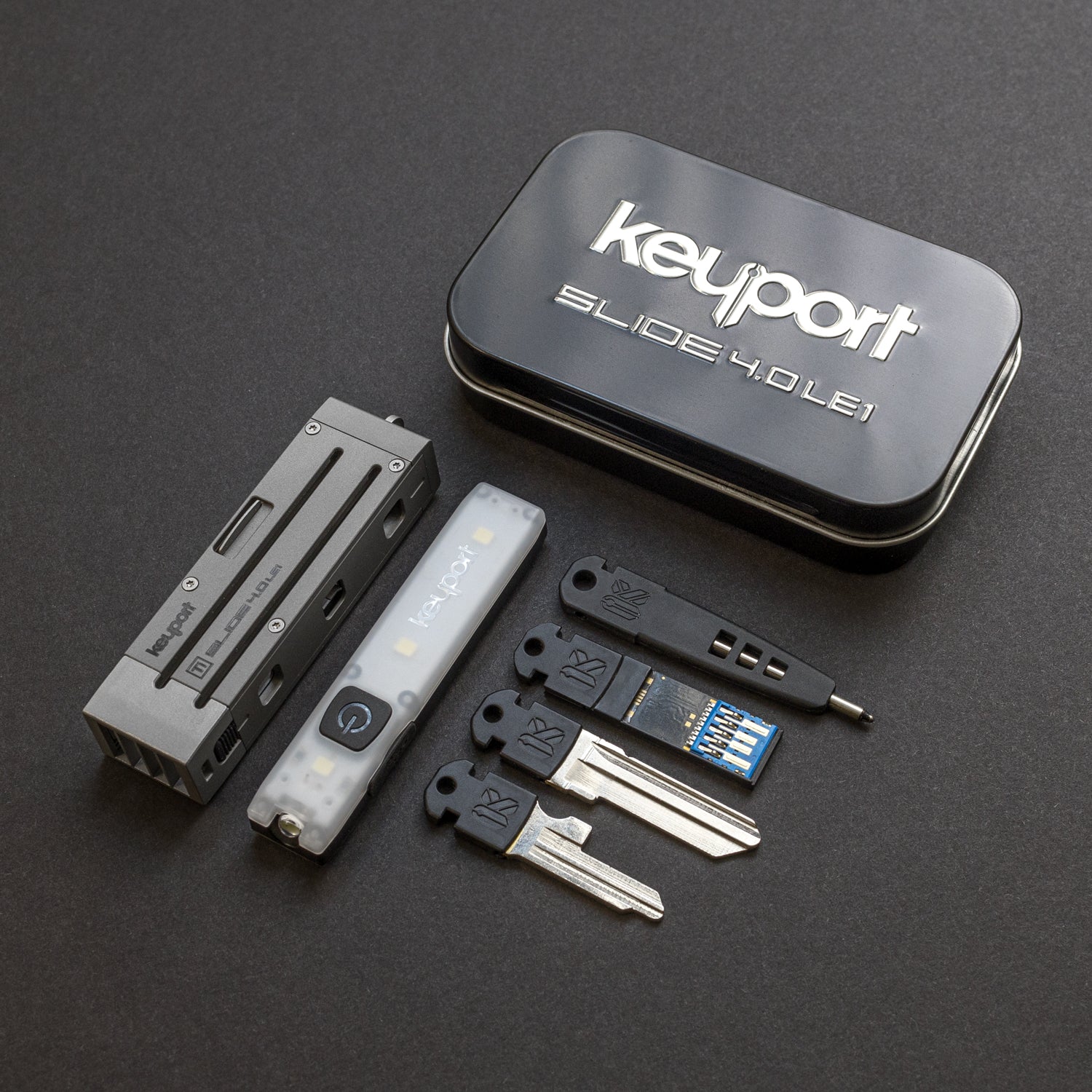
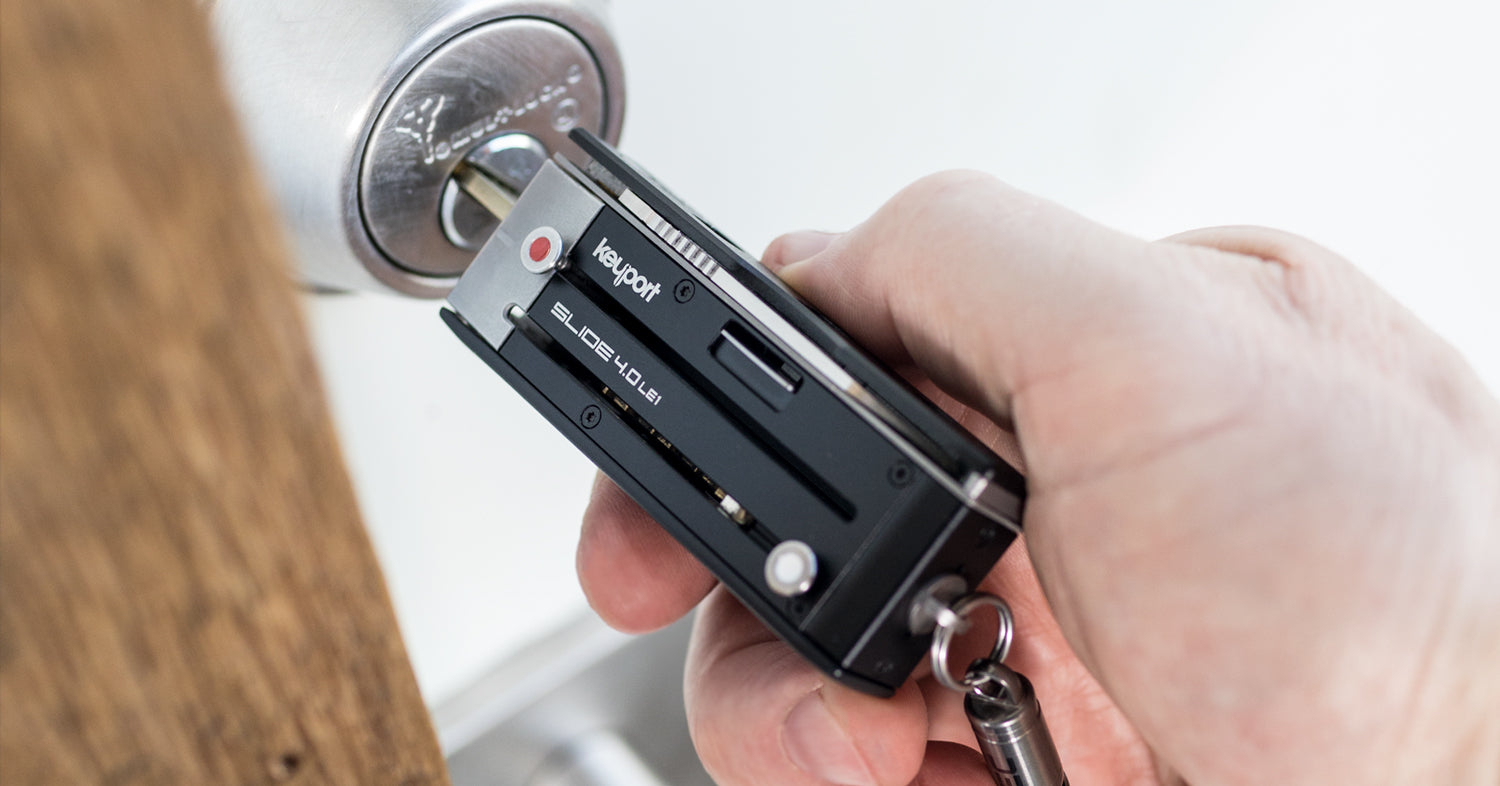
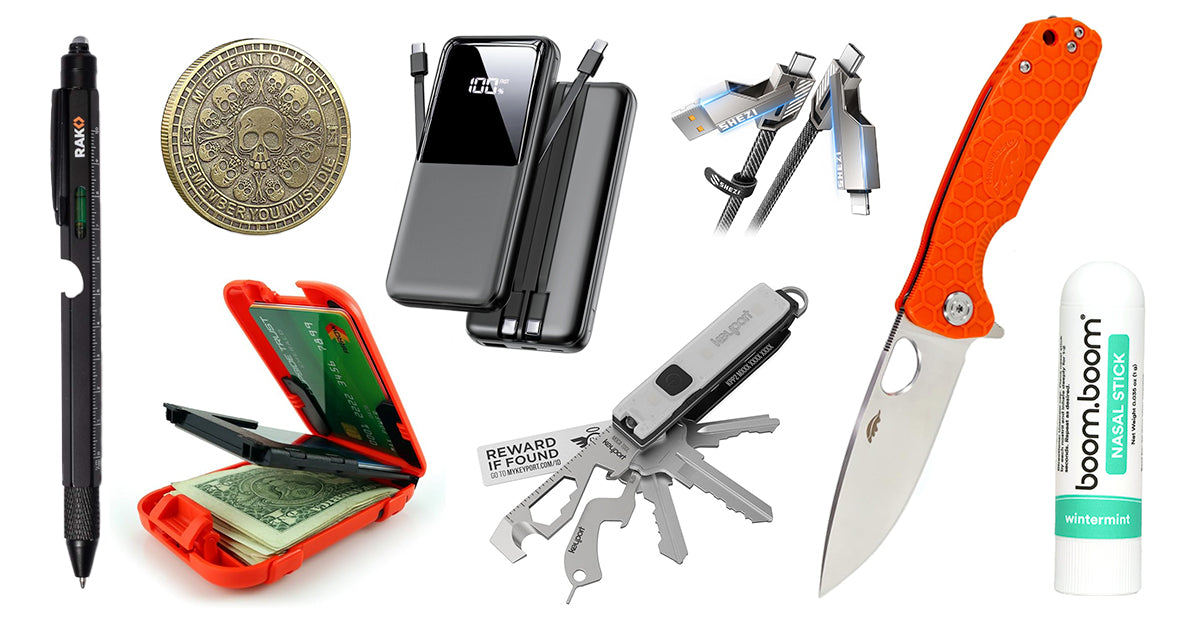
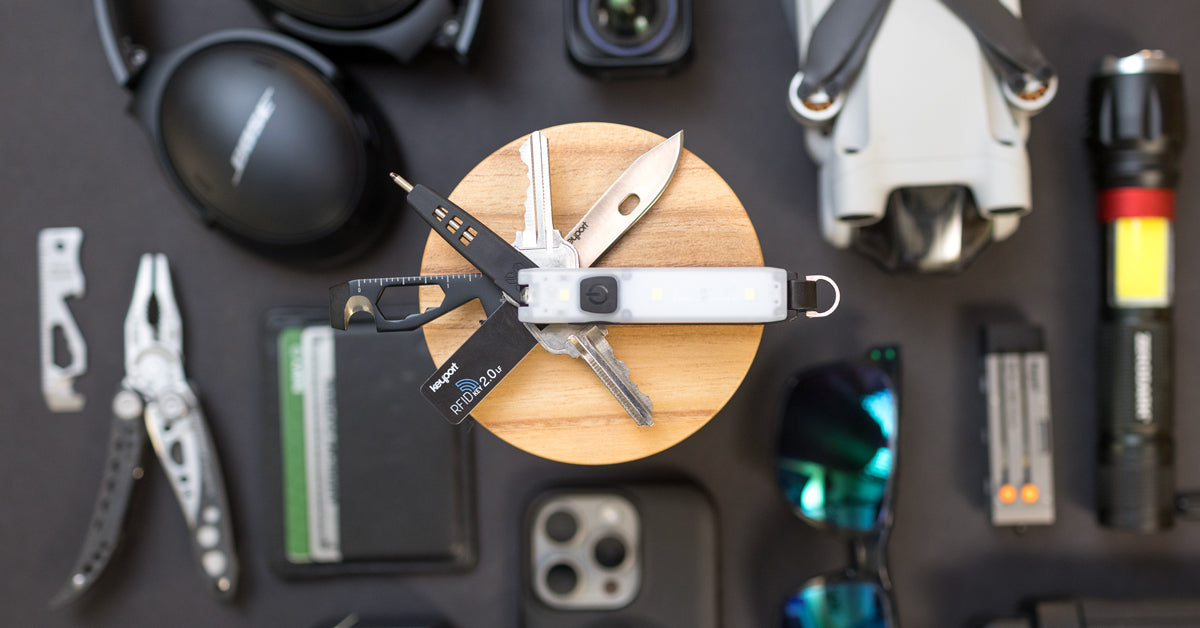
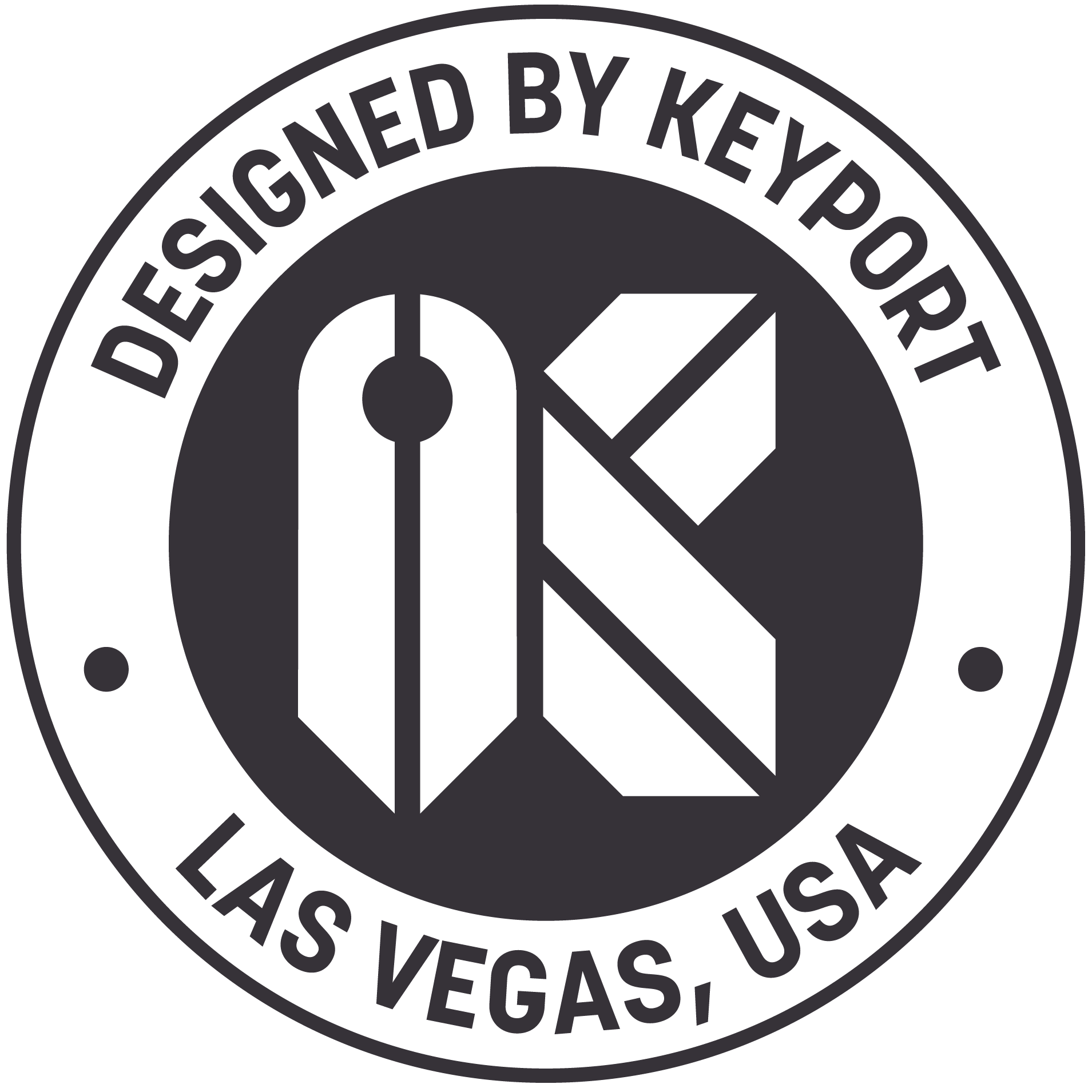
1 comment
Thank you for sharing my Forbes article with your customers! I thoroughly enjoyed our interview and writing this piece about the good work you’re doing. Looking forward to meeting all of you one fine day.
Bruce Weinstein, Ph.D.
Leave a comment
This site is protected by hCaptcha and the hCaptcha Privacy Policy and Terms of Service apply.